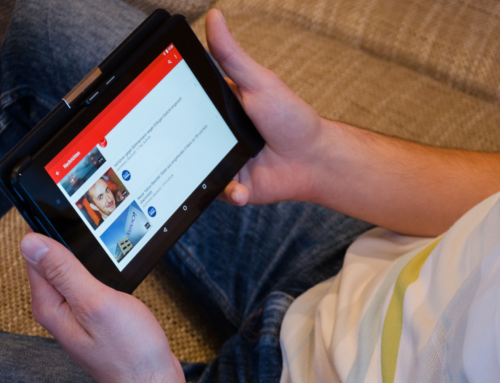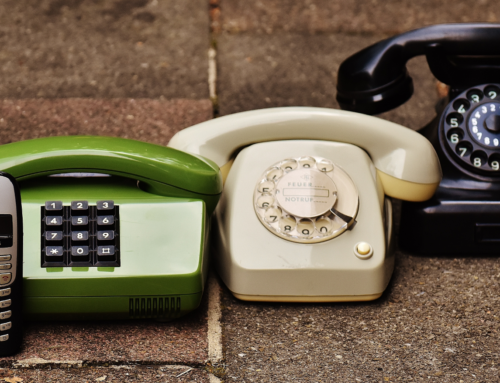by Beata Socha
Source: Warsaw Business Journal, Number 02/03 (43), February/March 2018

I woke up with a mild headache and my lenses hot glued to my cornea. “At least I brushed my teeth before I keeled over,” I thought. Making out the time on the clock in the dark was easier than I’d thought (because of the remnants of the lenses). 4:30 am. Great. Now, I need to shower, change into jammies and either try to sleep for a couple more hours or get back to work.
People, I learnt, work at very different times of the day. Unless you have a typical desk job, with a nine-to-fiveish framework, you will ultimately revert to your “inner clock.” By that I mean you will work when your brain and your family situation allow you to be the most productive.
I work with people who wake up at 6 am, and work from 7 am till 3 pm. After that they start to lose focus. I have a close coworker like that. When he’s “sundowning,” I’m stretching to begin my most creative work. I work primarily at night with a nap during the day and a longer nap sometime after sunset.
Recently, I met a person who regularly works 16 hours a day. He sleeps between 7.30 pm and 1 am. Then he wakes up, gets down to serious, creative work for six hours, and after that he “runs on autopilot” throughout the day – he takes meetings, answers emails – things that don’t require too much actual input on his part. Naturally, he can only do that for a few months at a time before his energy starts to wane and he’s in dire need of a longer holiday.
A surprising number of people work weird hours. We’re happy, on the one hand, that we don’t have to sit in the office for the entire day: you can run errands, take the kids to doctor’s appointments, get the whole swimming pool to yourself at the gym, go to the DMV or the post office when the lines are the shortest. But are we really as productive as we like to think we are?
For one, meetings, even with other time-challenged people will be an issue. Unfortunately, I do have meetings with the “daywalkers” as well. When I have to get up before 11 am, no amount of coffee can make me coherent. And if your meetings require you to be at the top of your game, you’ll only have about a three-hour window to do them. On the plus side, you can Skype with Singapore at 3 am as if you were sitting with them at a table sipping your morning coffee.

Deadlines will always screw with your working cycle. It is ten times harder to “burn the midnight oil” when you’re burning it at 2 pm after a 14-hour workday. It’s like working night shifts, which switch around so much that you find yourself constantly forgetting what day of the week it is.
You have to remember to set the alarm clock right: Four hours is ok, but five hours is bad, because it interrupts your natural sleep cycle. It’s harder to get up after two hours’ sleep than an hour and a half. You’ll find yourself constantly making those calculations to avoid being woken up mid-cycle.
Then there is family life – If you work like we do, and if your spouse is “normal,” you’ll find it hard for your days to intersect. Social gatherings will become something you have to will yourself to do. Long-distance journeys will become hazardous and you’ll find yourself even more addicted to caffeine.
Flexible working hours are great. But some people, me included, take them to the extreme. No matter how many times you tell yourself that you like it better this way, the ugly truth is that you’re just torturing yourself and you’re not nearly as efficient and productive as you’d like to think.
Glossary:
- blessing – błogosławieństwo
- cornea – rogówka
- to keel over – wywrócić się
- remnants – resztki
- ultimately – w końcu
- primarily – głównie
- to wane – osłabnąć, zanikać
- in dire need – desperacko potrzebować
- to run errands – załatwiać sprawy
- to sip – popijać
- to burn the midnight oil – pracować do późna w nocy
- hazardous – ryzykowny












